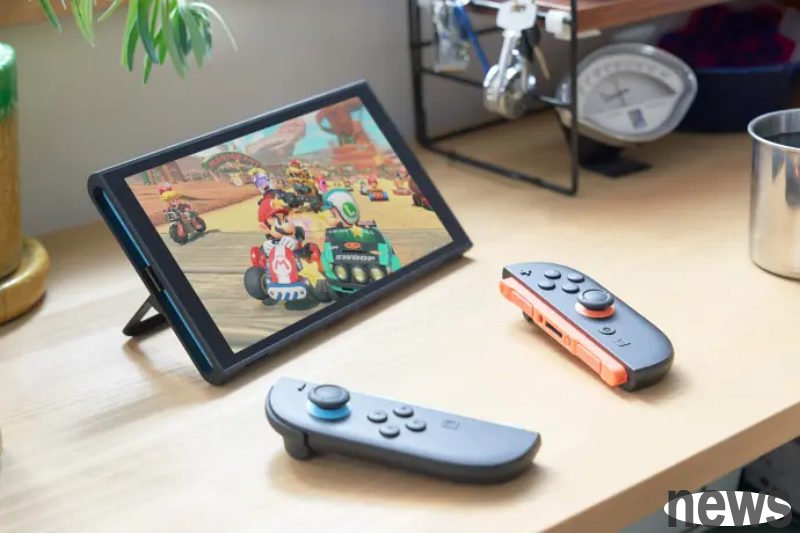
Recently, the technology and gaming industry is circulating a fascinating news, that is, after Japanese technology manufacturer Softbank invested $2 billion in chip manufacturer Intel, a forced report mentioned Nintendo, which made news about Nintendo's possible future cooperation with Intel. This news not only moves the nerves of the gaming industry, but also may predict a major change in Nintendo's future hardware supply chain.
Silver recently invested up to $2 billion in Intel, which is investing in financial bottlenecks, and gained 2% of Intel's stake, making it an important investor in Intel. The reason why this news is linked to Nintendo is because the Silver clearly mentioned Nintendo in a temporary report submitted in accordance with the Japanese government regulations. The report mentioned that through this strategic investment, our domestic investment partners and partners (such as NTT Docomo, Fujitsu and Nintendo Corporation) will be able to leverage Intel's manufacturing capabilities in the United States and obtain advanced processing points. This will help ensure the support of partner companies’ supply chains, promote domestic production, and strengthen our long-term cooperation with the U.S. industry.
In fact, this is not the first time that Nintendo and Intel have cooperated. As early as April 2025, market analysts said that Intel will become Nintendo's supplier. And the saying at that time was that we believed Intel won the GPU order for the Nintendo Switch 3 on the Intel 18A production. However, because the Nintendo Switch 2 was just launched, it is expected that there will be a long time to officially wait until the Switch 3 appears, so the market generally retains a sense of retention in this way.
Now it seems that Intel's business scope has really broken through the traditional Windows PC CPU manufacturing. Intel has entered the chip foundry business in recent years and is able to produce CPUs and other chips needed by itself, which greatly increases the possibility of Nintendo and Intel entering this transaction. Even Nintendo's existing partner NVIDIA (Nvidia) may be involved in it, allowing Intel to manufacture its system single chips (SOCs) for Nintendo.
In fact, Silver's report strongly implies that Nintendo intends to transfer some of its manufacturing operations to the United States. In the current business environment in the United States, Nintendo may indeed need this to maintain success. This not only strengthens the support chain's imperative, but also responds to current President Trump's policy of taking domestic production as the priority and deepens cooperation with the US industry. However, the news is still to be officially confirmed by Intel or Nintendo in the future. If this news is true, it will undoubtedly have a profound impact on Nintendo's future hardware strategy and the entire game industry link.
